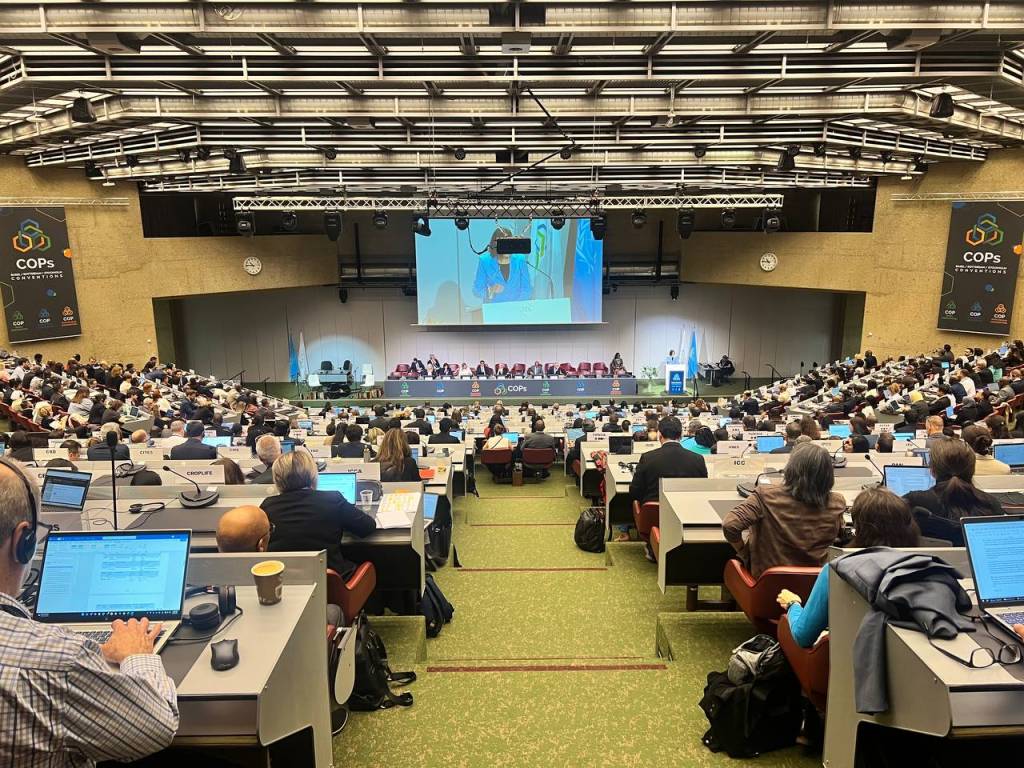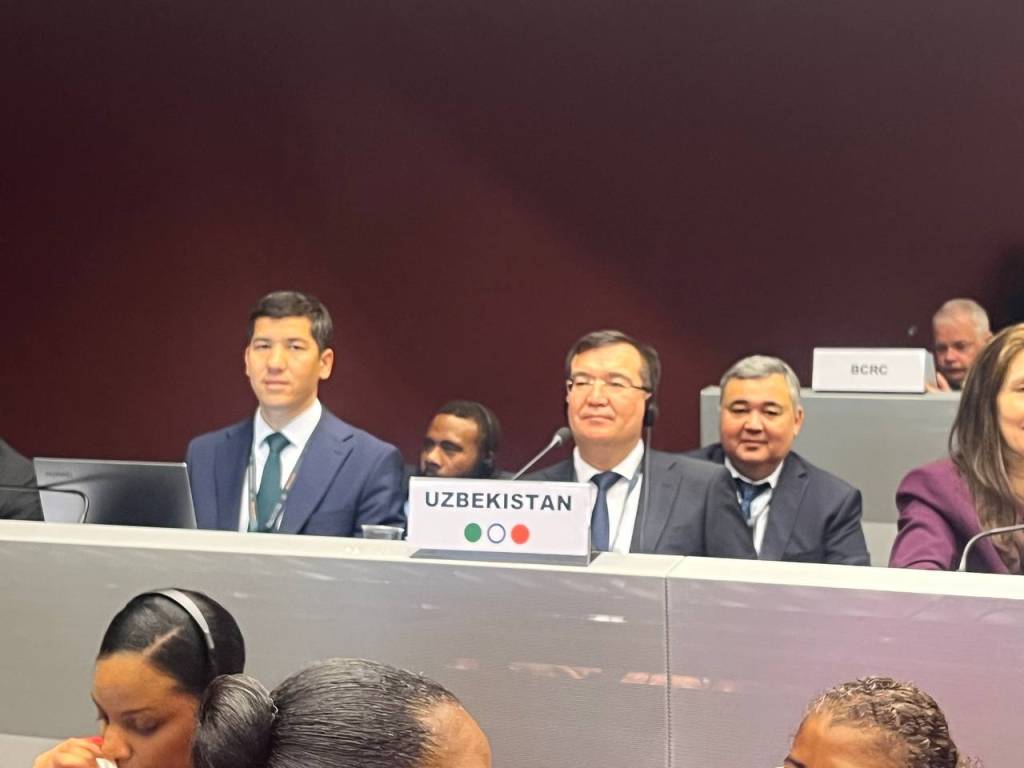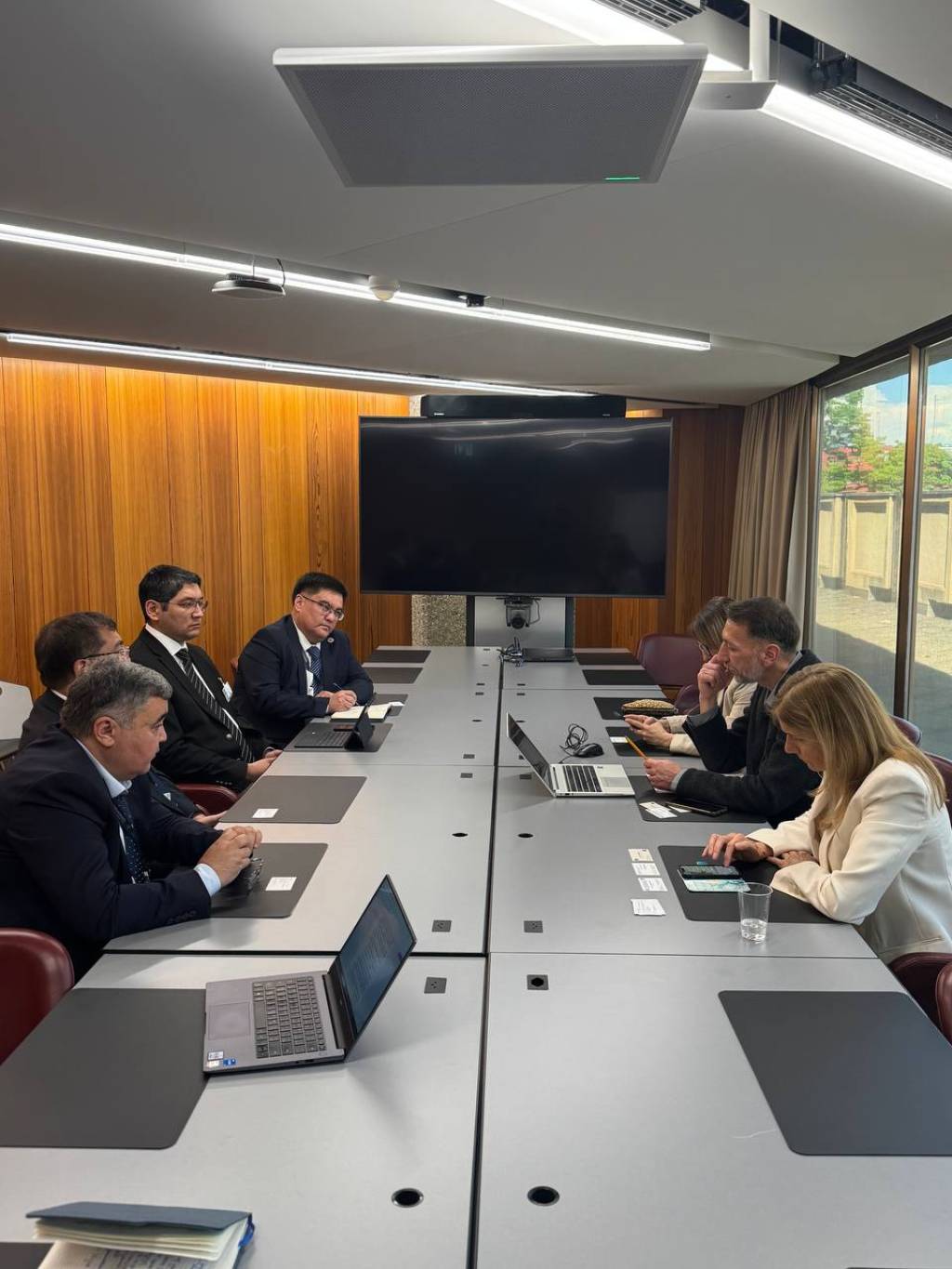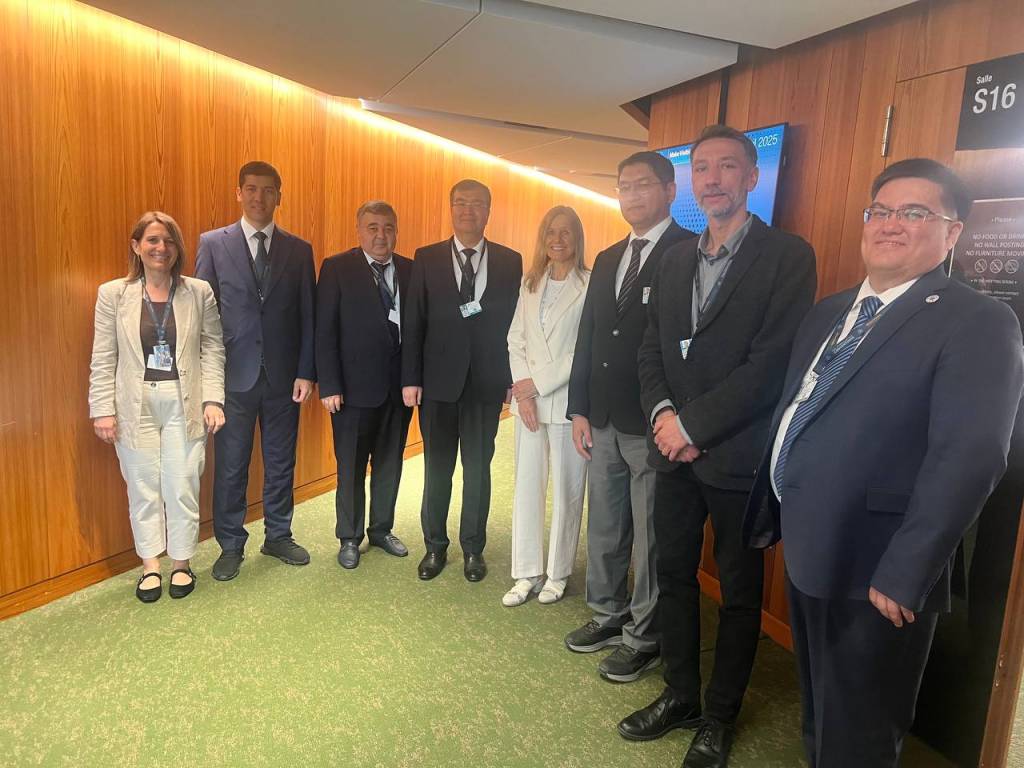
Geneva hosts the 12th Meeting of the Conference of the Parties to the Rotterdam Convention. The theme is “Make Visible the Invisible: sound management of chemicals and waste”.
The Uzbekistan delegation is participating in this significant international forum to draw the general public’s attention to the serious consequences of exposure to hazardous chemicals on human health and the environment.

Representatives of the Ministry of Ecology, Environmental Protection and Climate Change, the FAO in Uzbekistan, and experts in chemical management discussed issues of ensuring the country’s environmental safety and protecting public health.
Uzbekistan is a party to the Stockholm and Basel Conventions. It is implementing a joint project with FAO “Technical Assistance for the Sound Management of Hazardous Chemicals” with financial support from the European Union.

“Uzbekistan’s participation in the conference provides a unique opportunity to strengthen international cooperation and exchange experience in hazardous chemicals management”, said FAO Deputy Representative in Uzbekistan Sherzod Umarov. “Our joint project will not only allow us to develop a National Waste Management Strategy and create a better database on hazardous waste in agriculture, but will also create the prerequisites for considering Uzbekistan’s accession to the Rotterdam Convention, which will become a significant step towards improving the country’s environmental safety”.
Within the framework of the event, Executive Secretary of the Rotterdam Convention and Senior Technical Officer of the Food and Agriculture Organization of the United Nations, Christine Fuell met with representatives of the Ministry of Ecology, Environmental Protection and Climate Change of the Republic of Uzbekistan.
Issues of allocating additional funds under the conventions on chemicals to reduce the use of persistent organic pollutants were discussed at the meeting with Evelyn Swain, Senior Environmental Specialist at the Global Environment Facility.

Bekhruz Khudoyberdiyev, UzA








